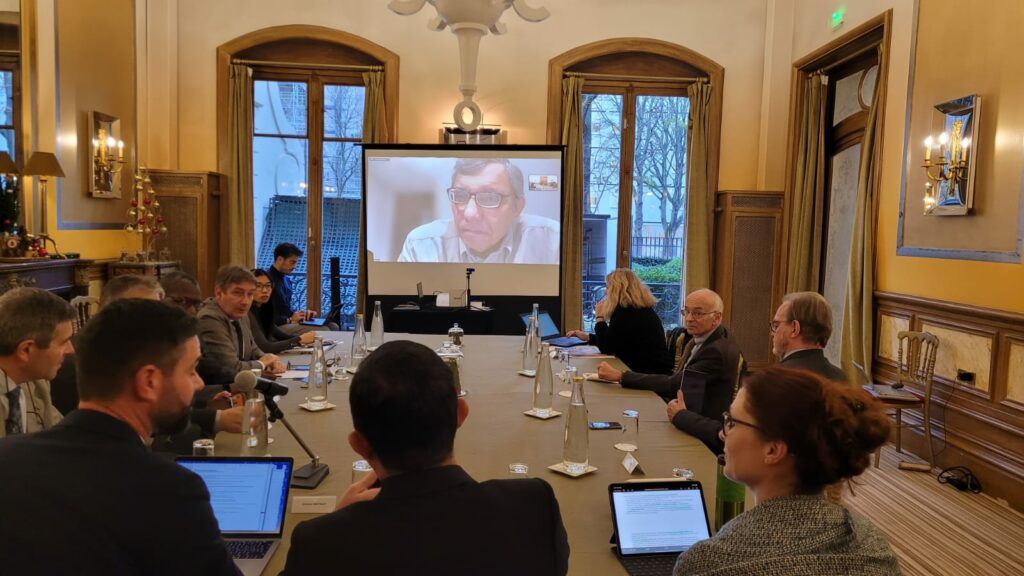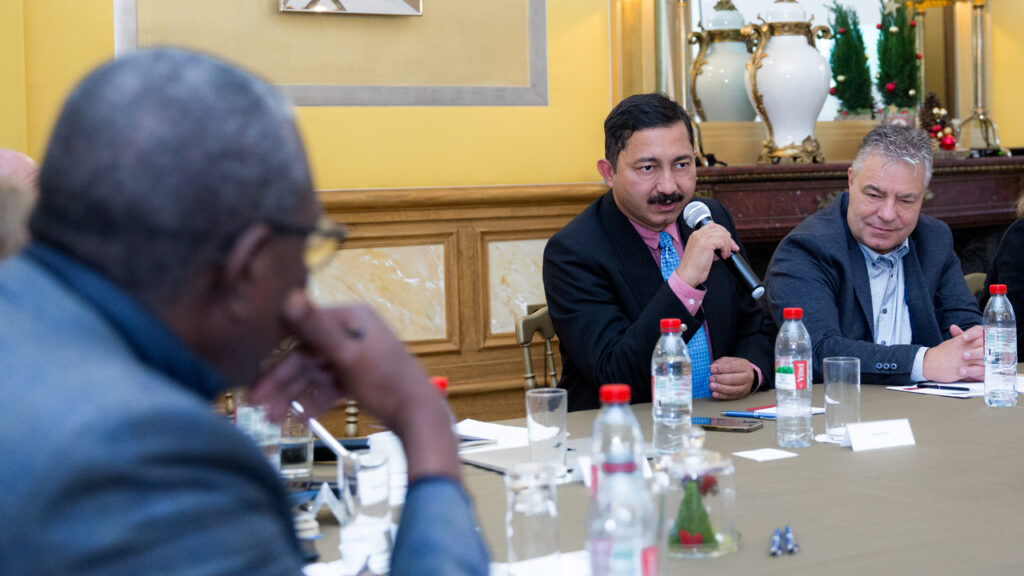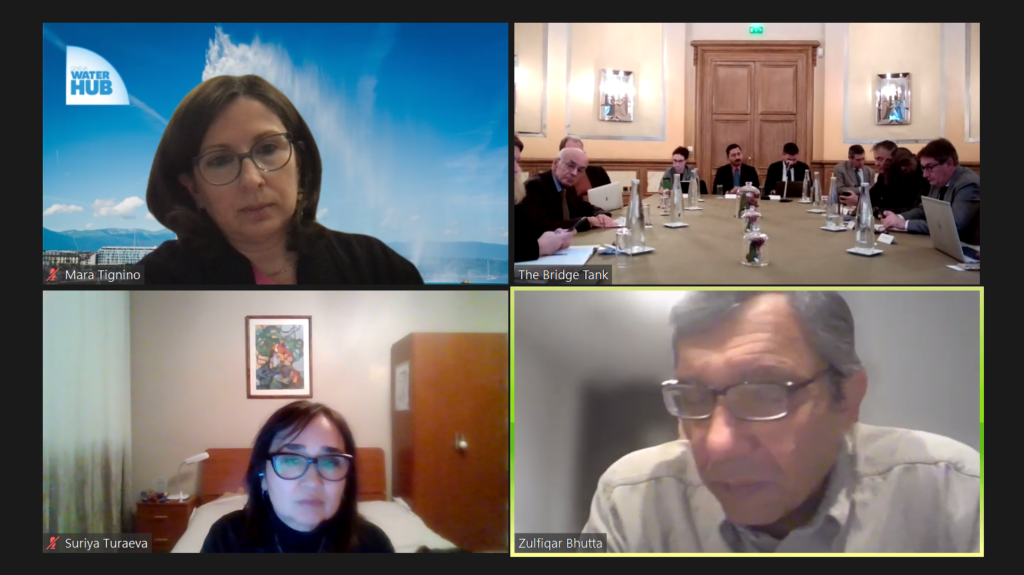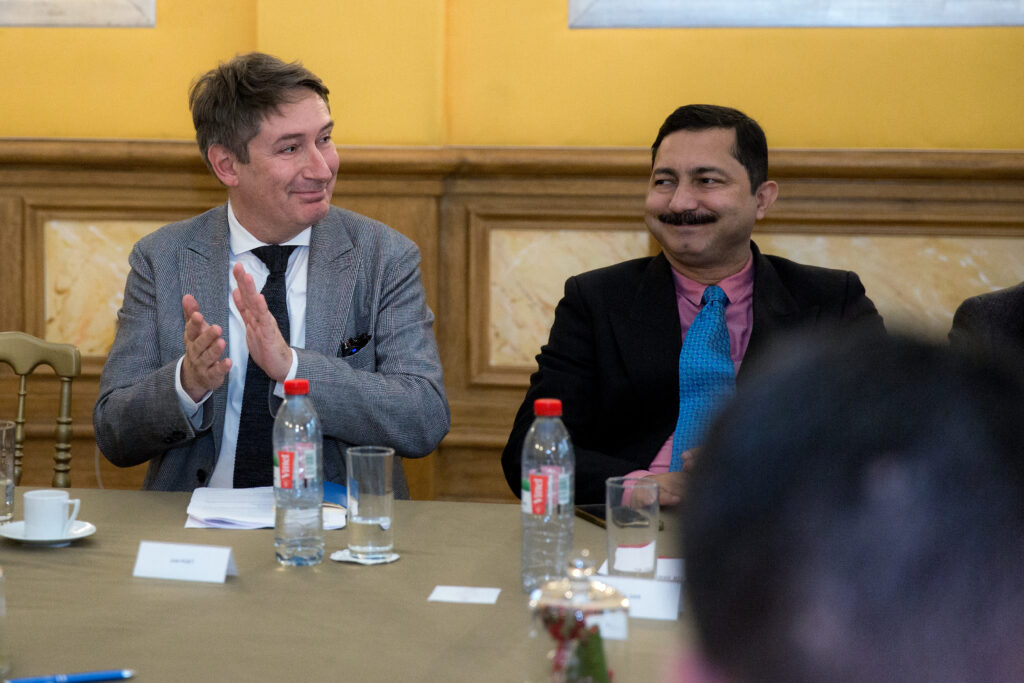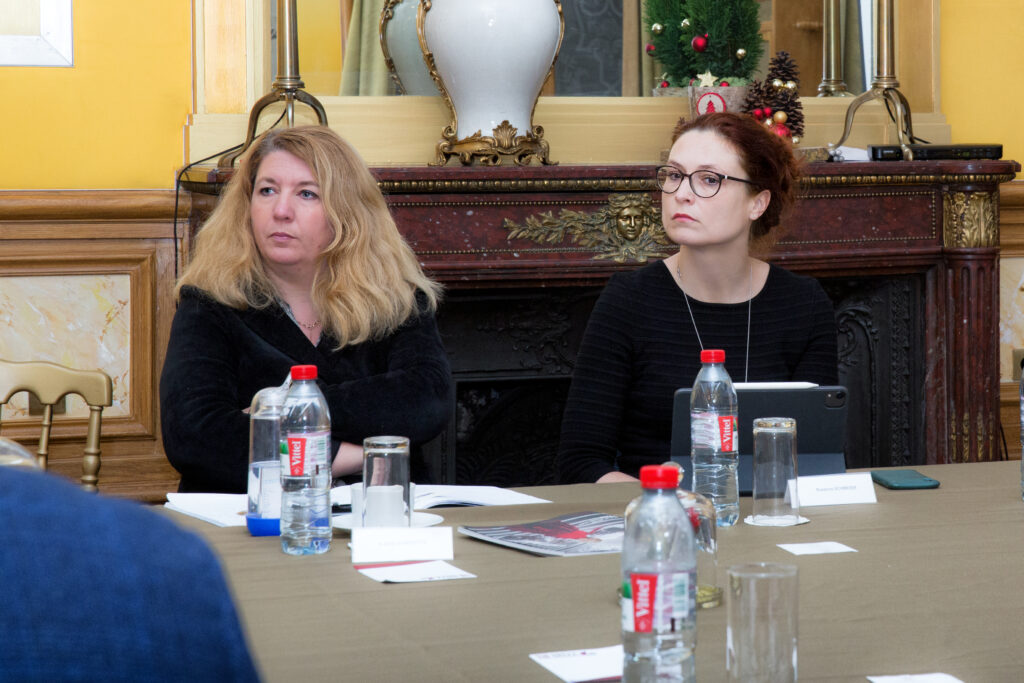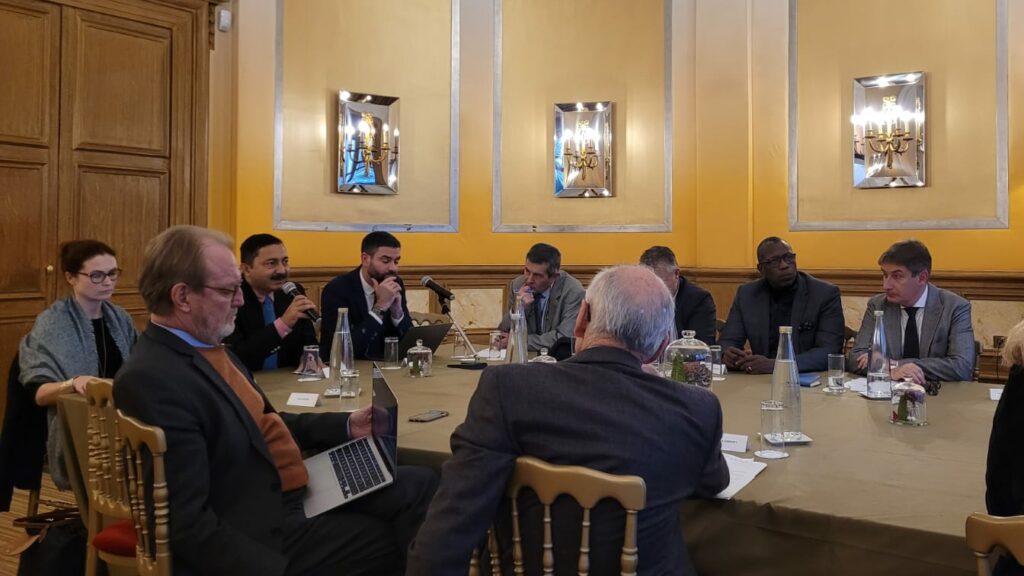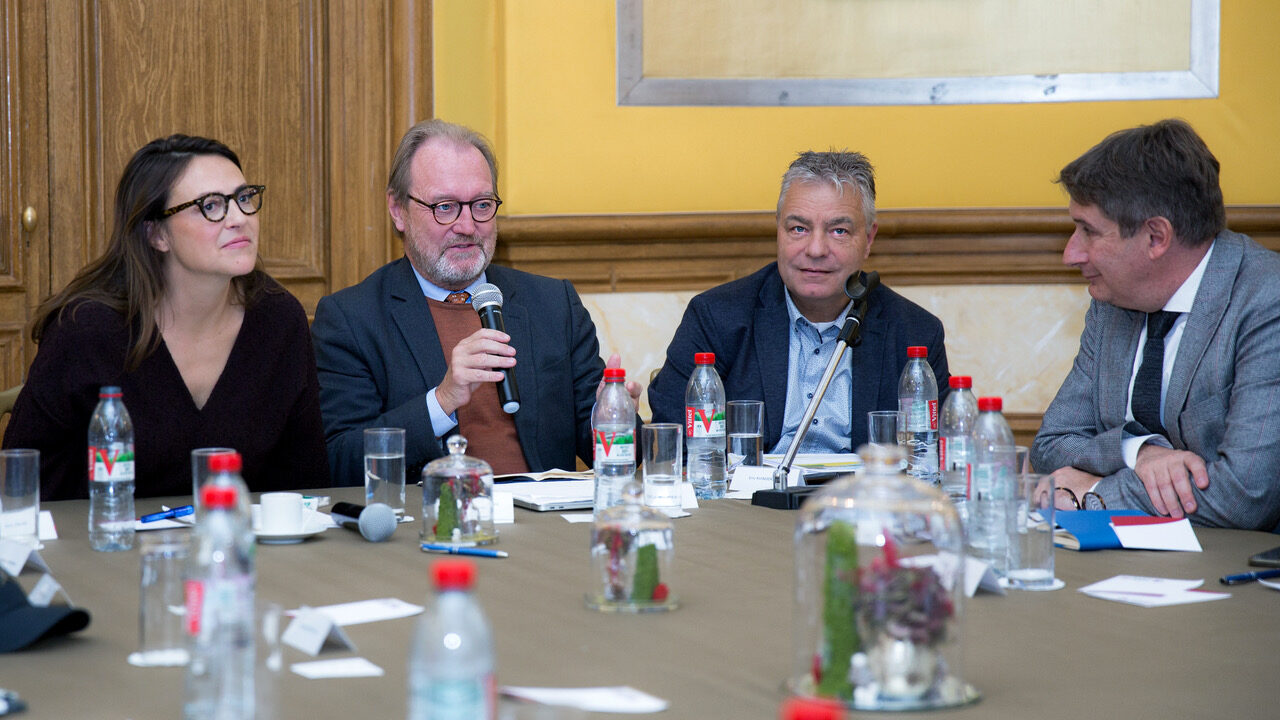


Two months after holding its high-level panel on hydro-diplomacy in Paris, on December 6th, 2022, The Bridge Tank looks back on the discussions and captivating ideas brought to the table by the conference’s participants. These are the ideas and contributions that we shall bring to the fore during the UN Water Conference in New York from March 22nd to 24th, 2023, where The Bridge Tank’s side event proposal on hydrodiplomacy just got labelled into the officlal program.
Expanding on the main conclusions of the day’s discussions and following the launch of the World Water for Peace Conference, The Bridge Tank is happy to release the conference proceedings with a verbatim report of each one of the sessions of the conference.
This opening session set the stage for the day, giving the floor to the High Patrons and conveners of the conference.
This introduction provided an assessment of the existing international & United Nations system on questions of water. It also introduced existing hydro-diplomacy initiatives and experiences from non-conflictual and integrated water co-management efforts, which have contributed to a renewed and enlarged practice of hydrodiplomacy.
Moderator: Joël RUET, Chairman, The Bridge Tank, Interdisciplinary Institute for Innovation, Ecole Polytechnique
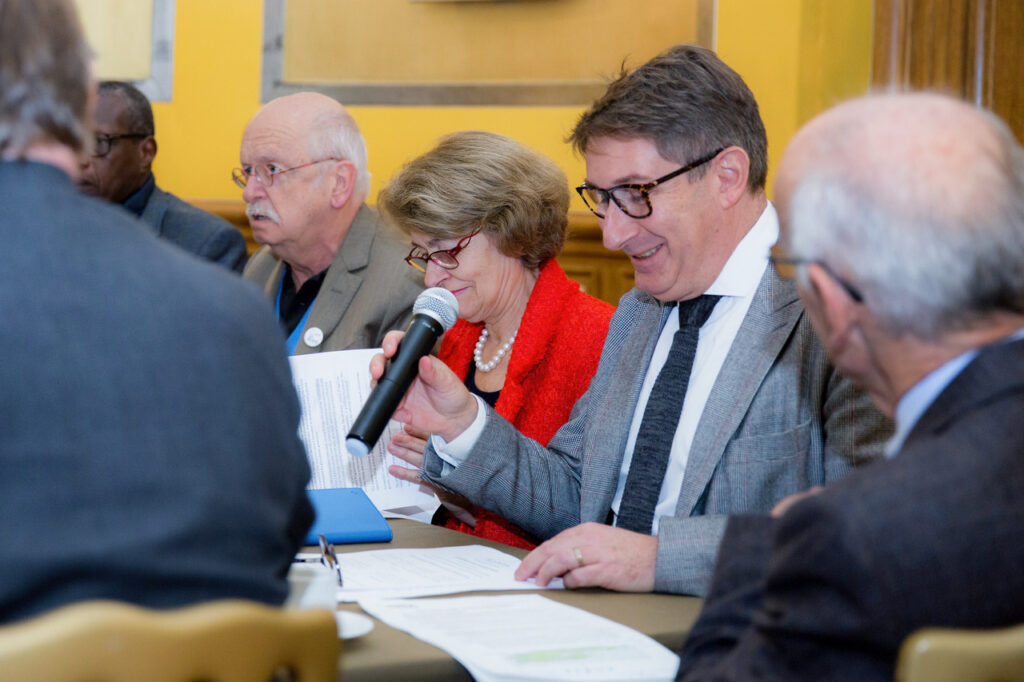
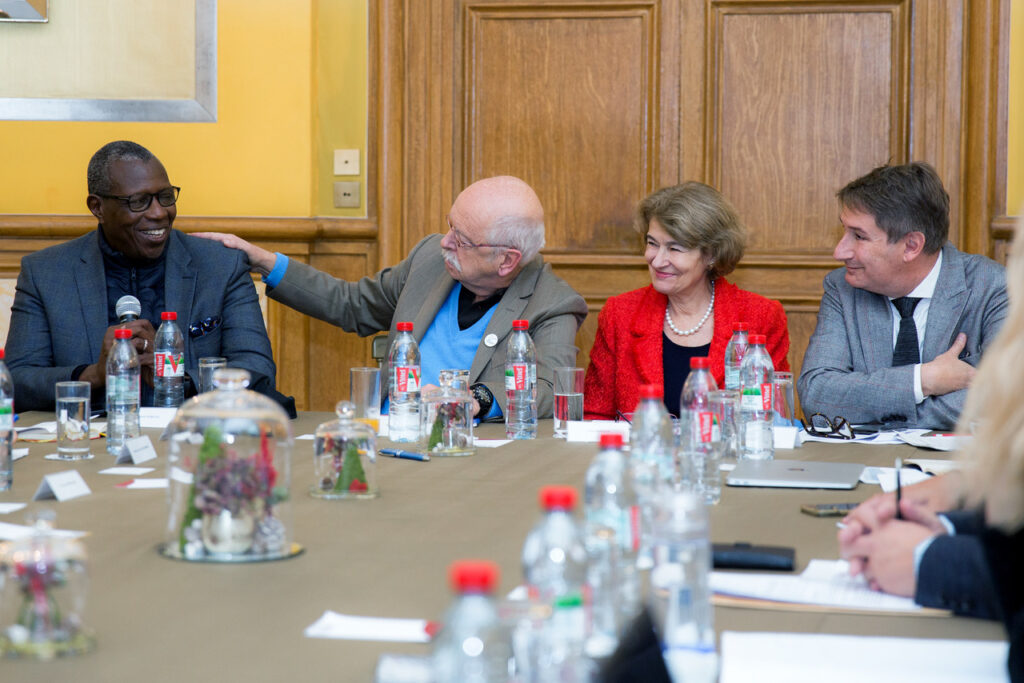
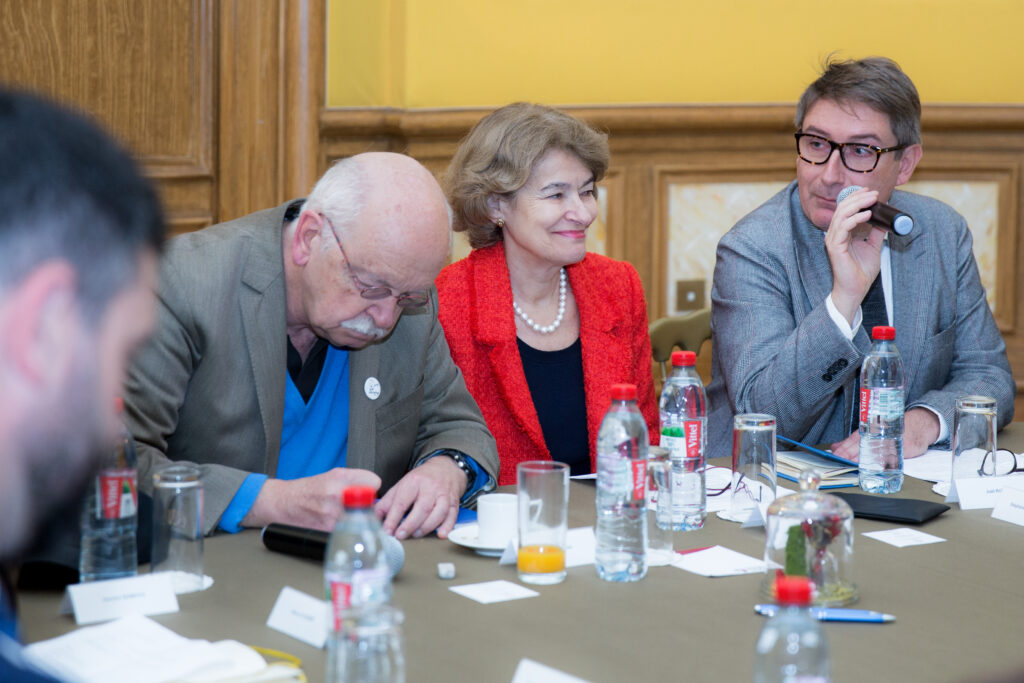
The first thematic session of the day gave the floor to political decision makers from around the globe, allowing them to share and discuss their experiences with water and its management. This provided an insight into existing practices and offered new ideas towards more progressive water politics and a renewed approach to hydro-diplomacy.
Moderator: Stéphane GOMPERTZ, Board Member, The Bridge Tank, former Ambassador for COP21 French Presidency
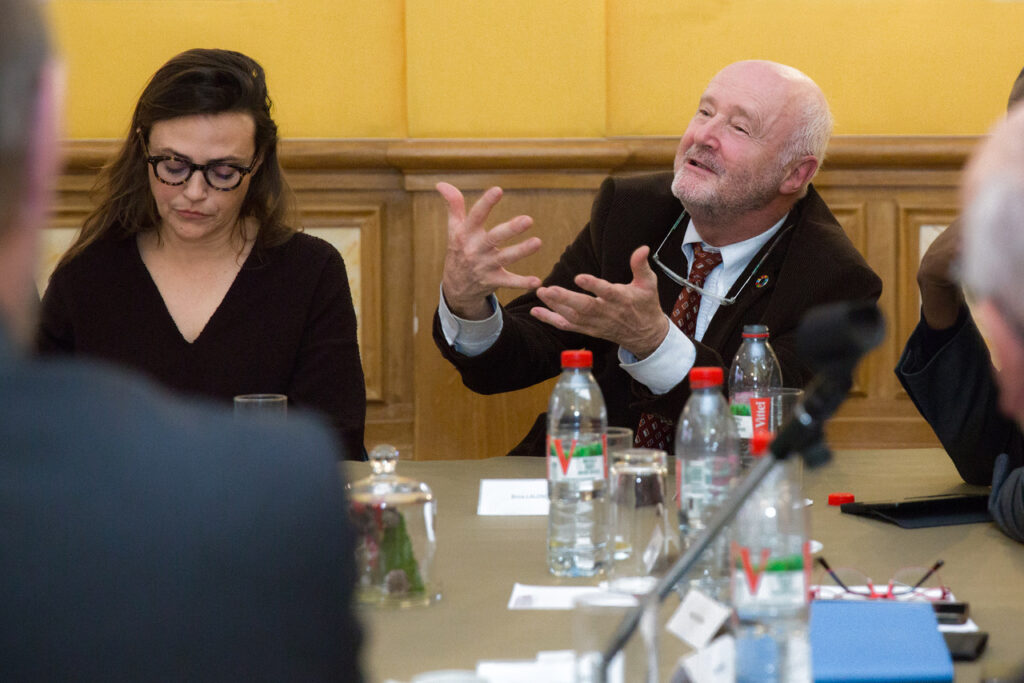
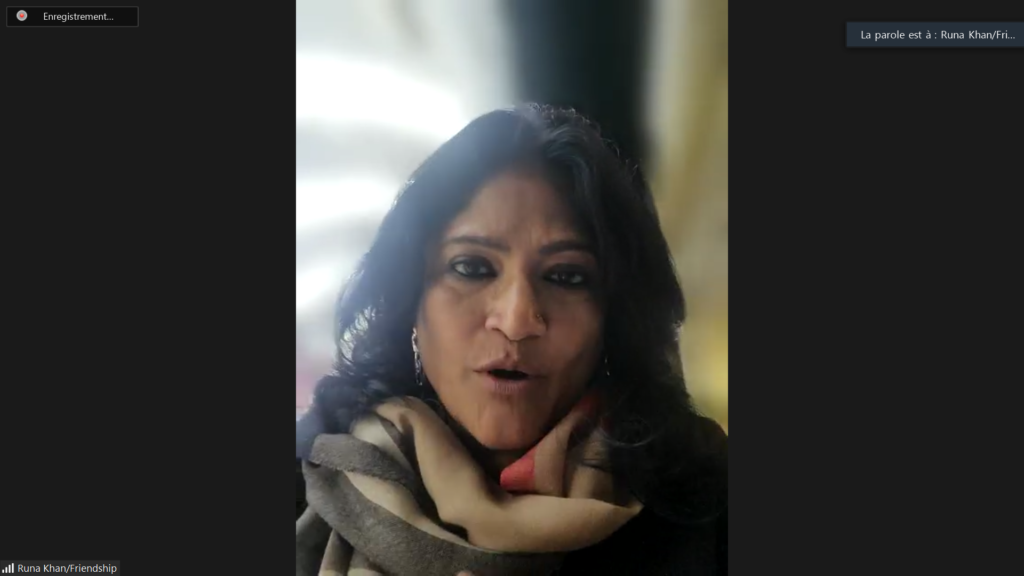
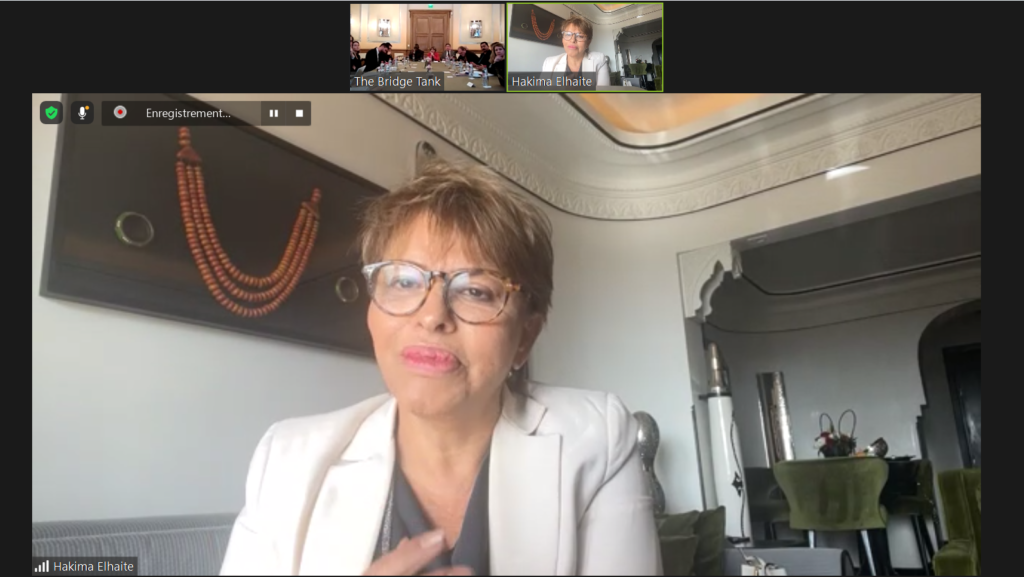
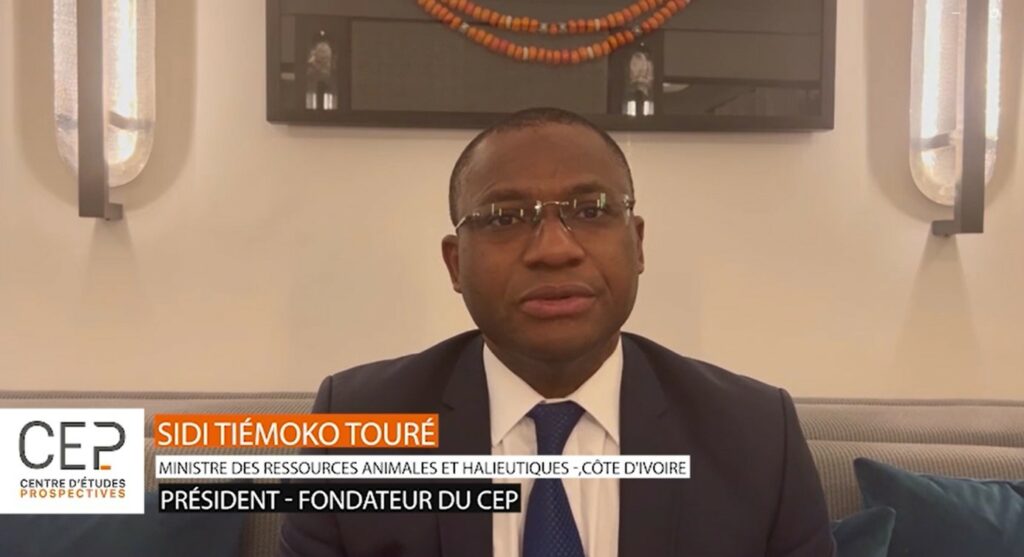
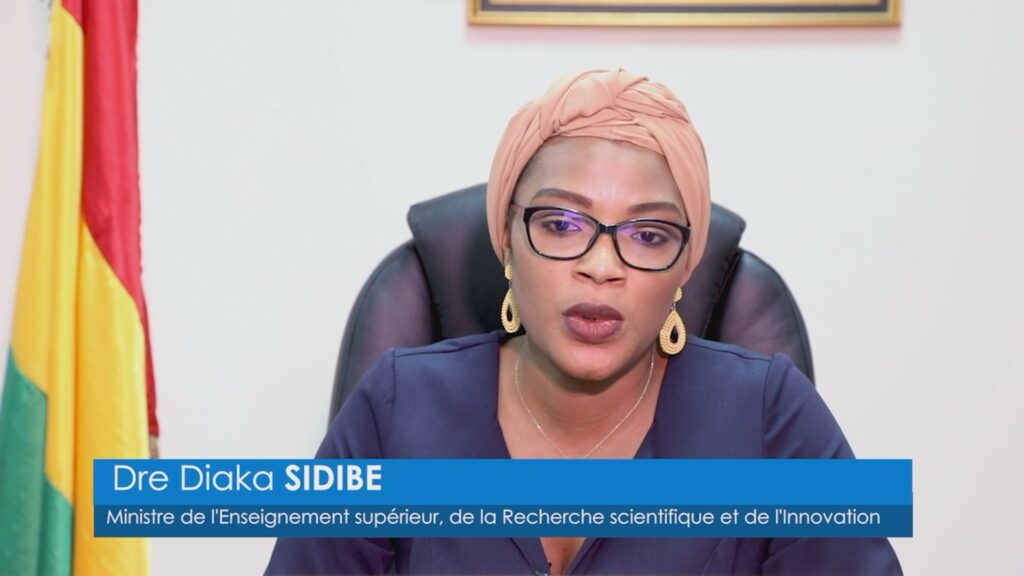
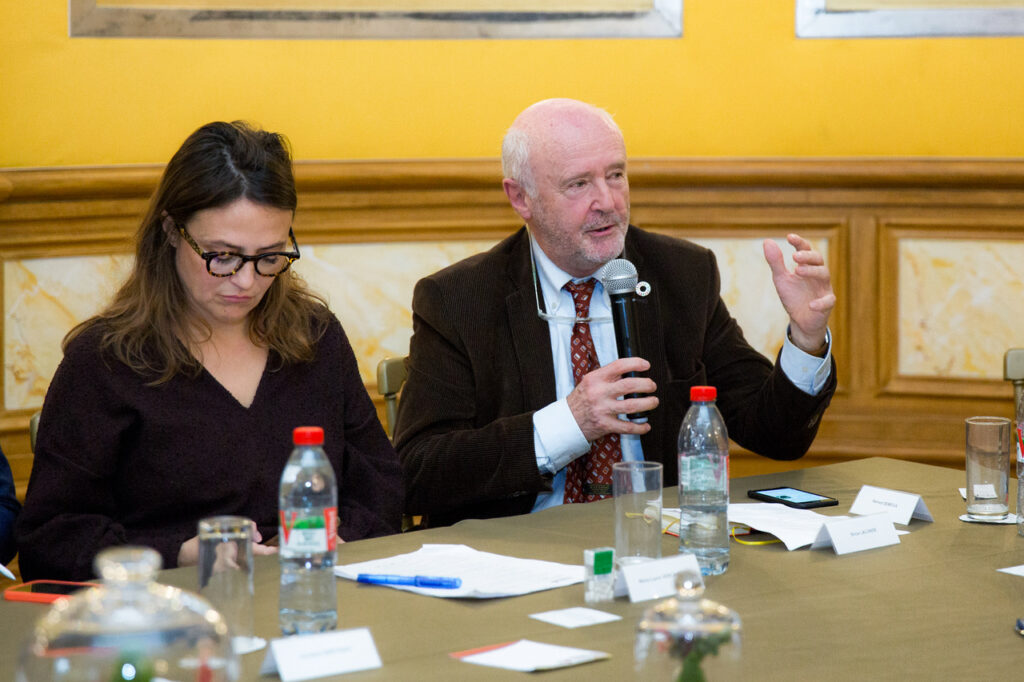
This second session on water and development turned to international aid and development actors. Their concrete experiences and field knowledge allowed for a dynamic dialogue around existing development initiatives and the challenges faced as part of their activities on water-related topics.
Moderator: Marie-Laure VERCAMBRE, General Director, French Water Partnership
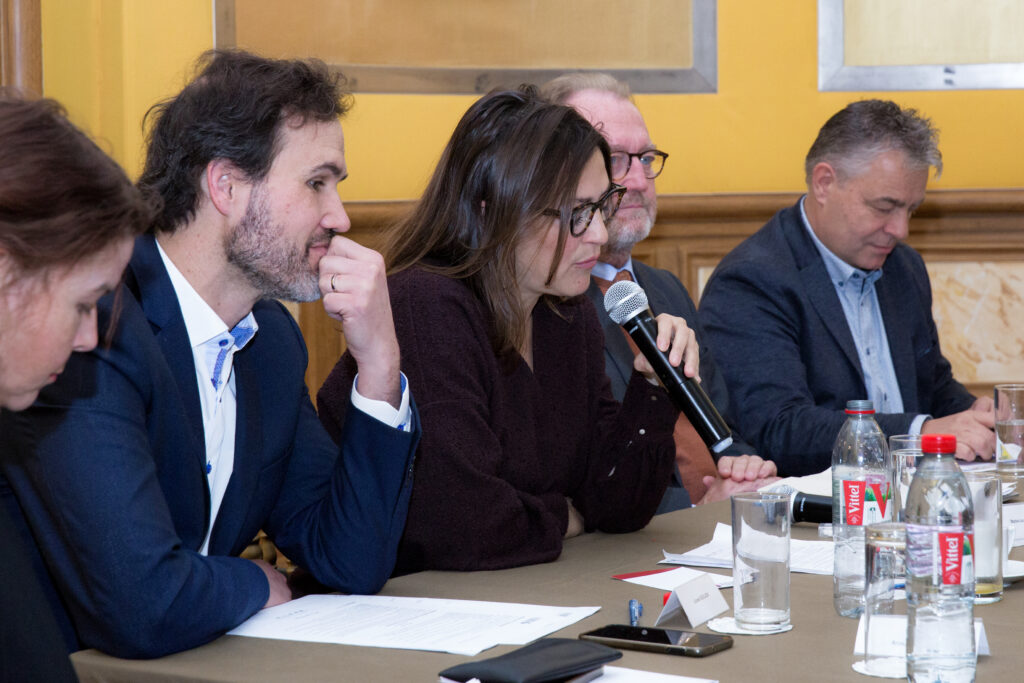
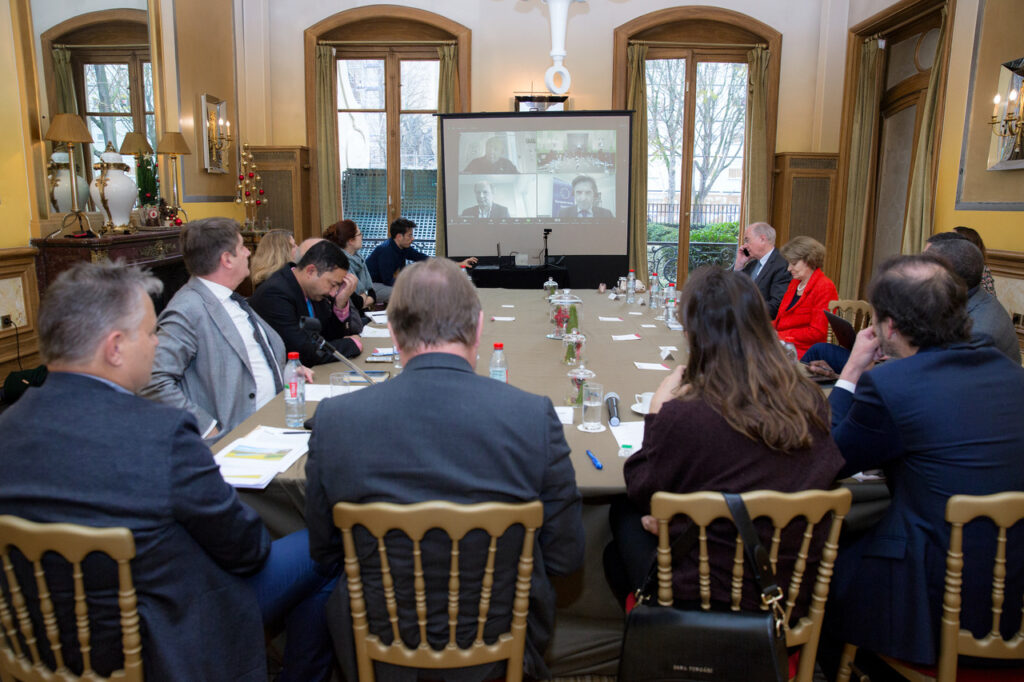
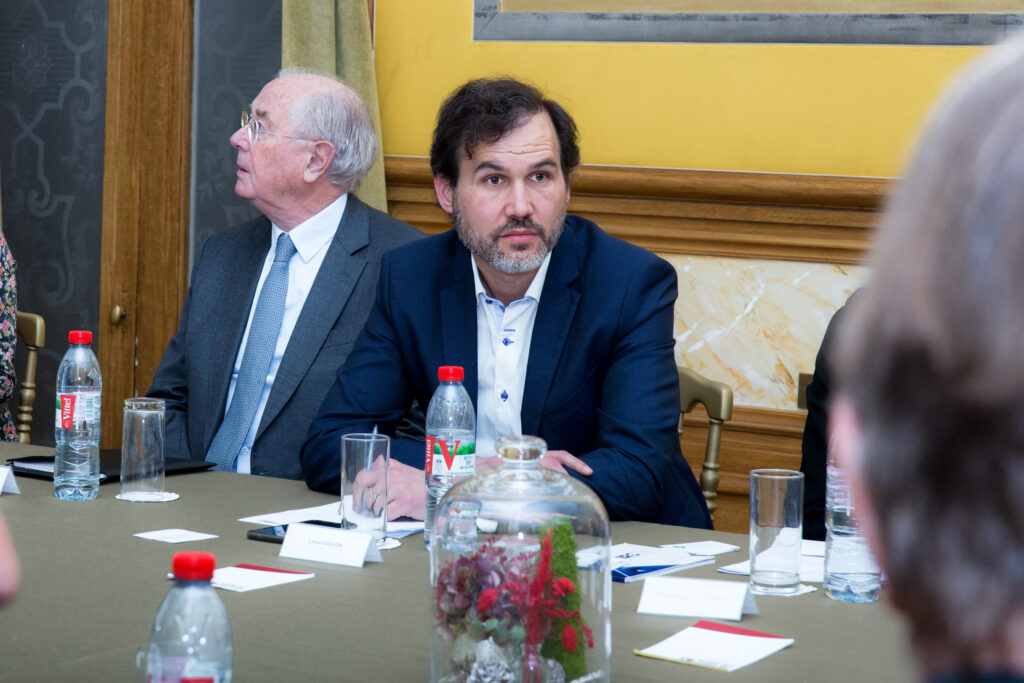
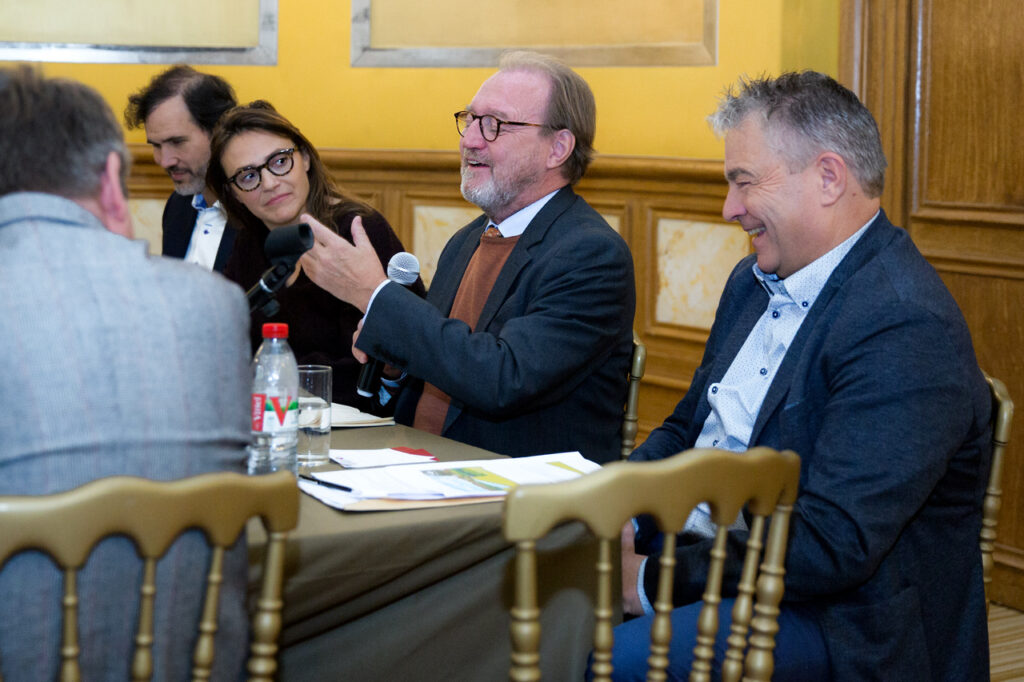
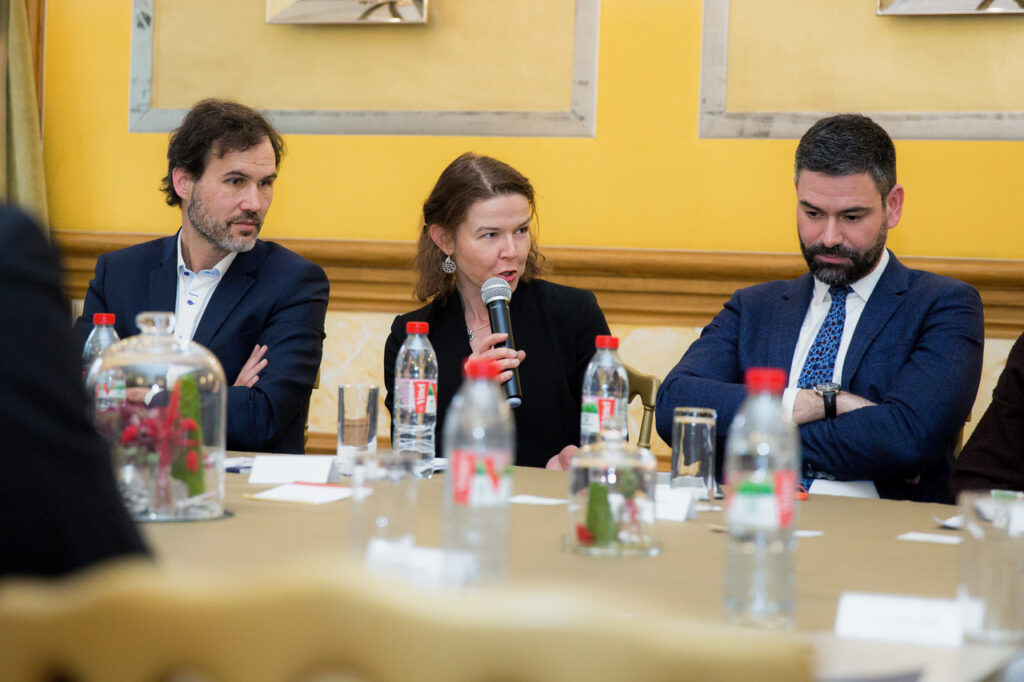
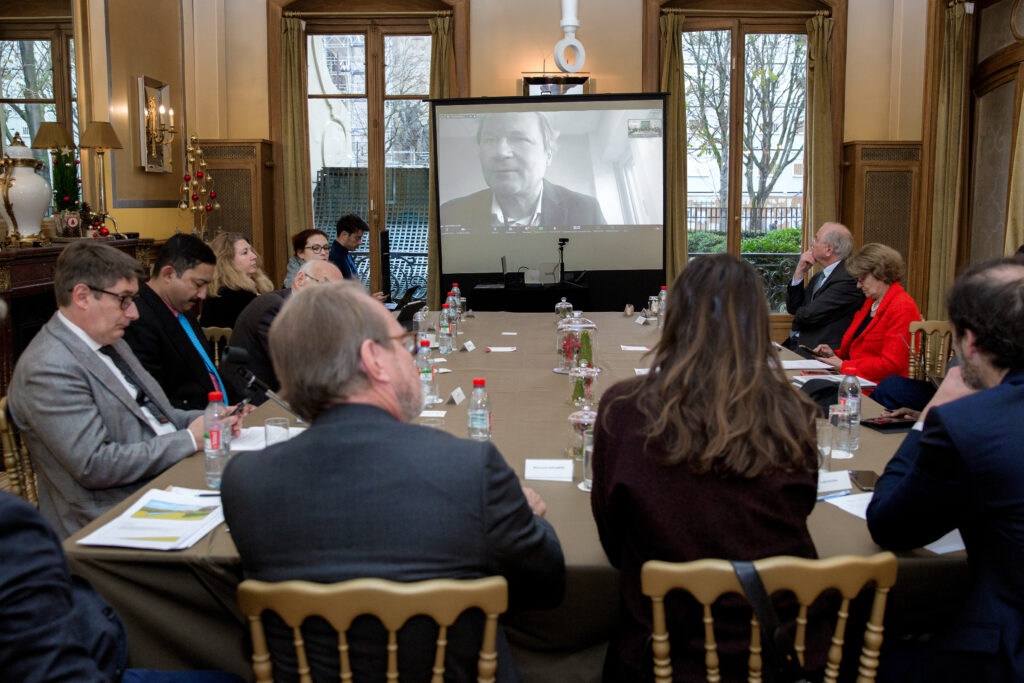
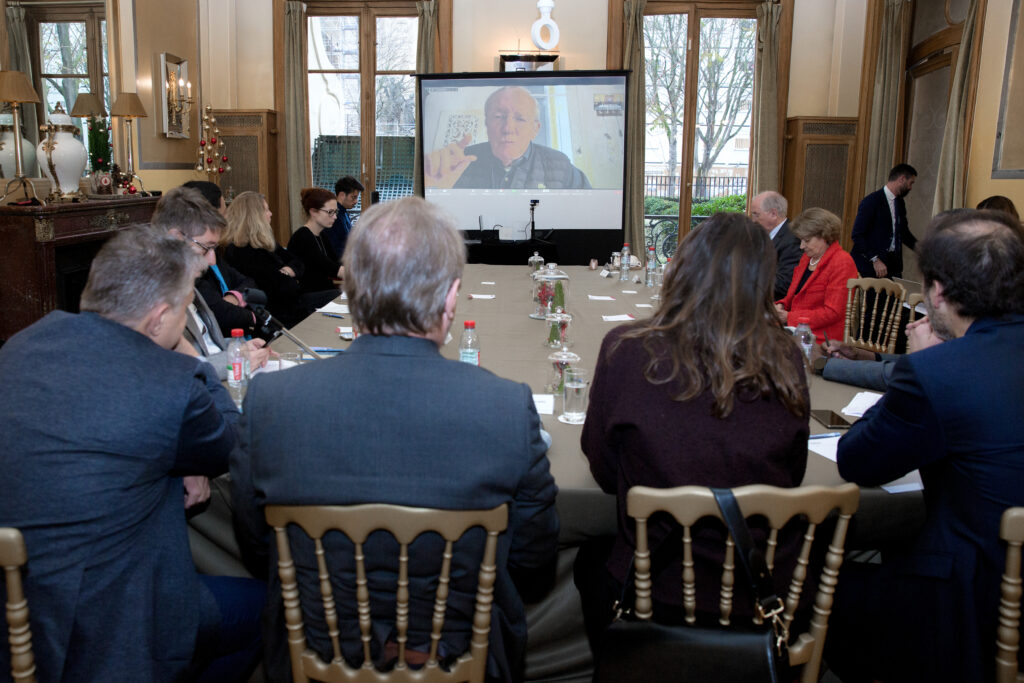
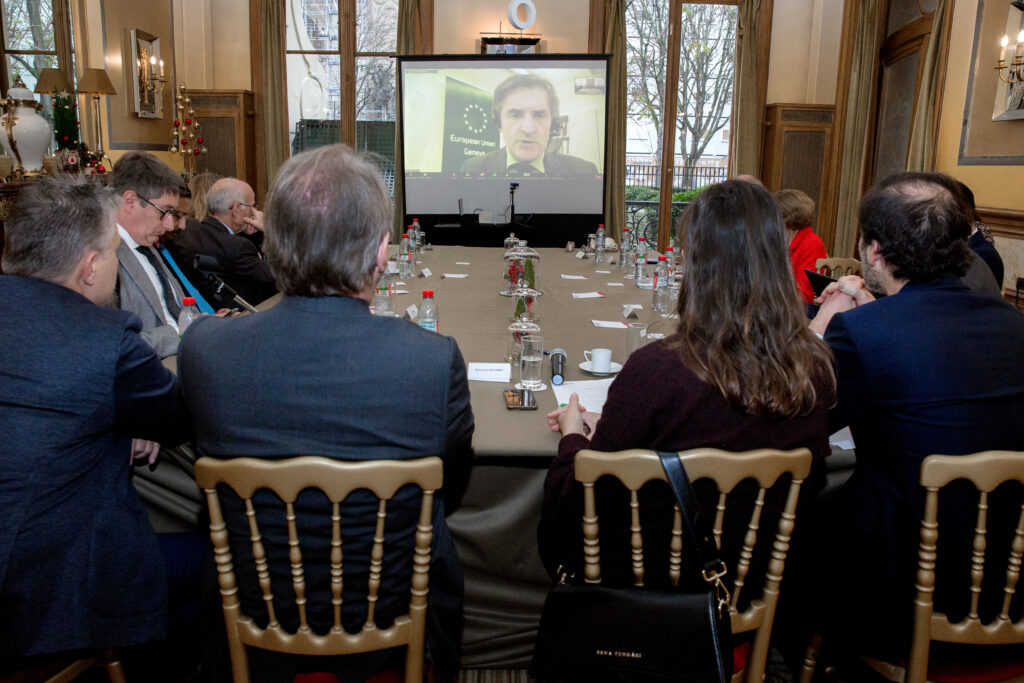
This last panel discussed the diversity of tools at the service of hydro-diplomacy, be they economic, technological, social, legal or political ones. Discussing definitions of hydro-diplomacy and what to include in it to enlarge its practice, the session addressed innovative ways to involve the variety of sectors, actors, resources, and territories needed for a sustainable development and co-management of water.
Moderator: Christian BRETHAUT, Scientific Director, Geneva Water Hub (GWH), Global Observatory for Water and Peace (GOWP)
